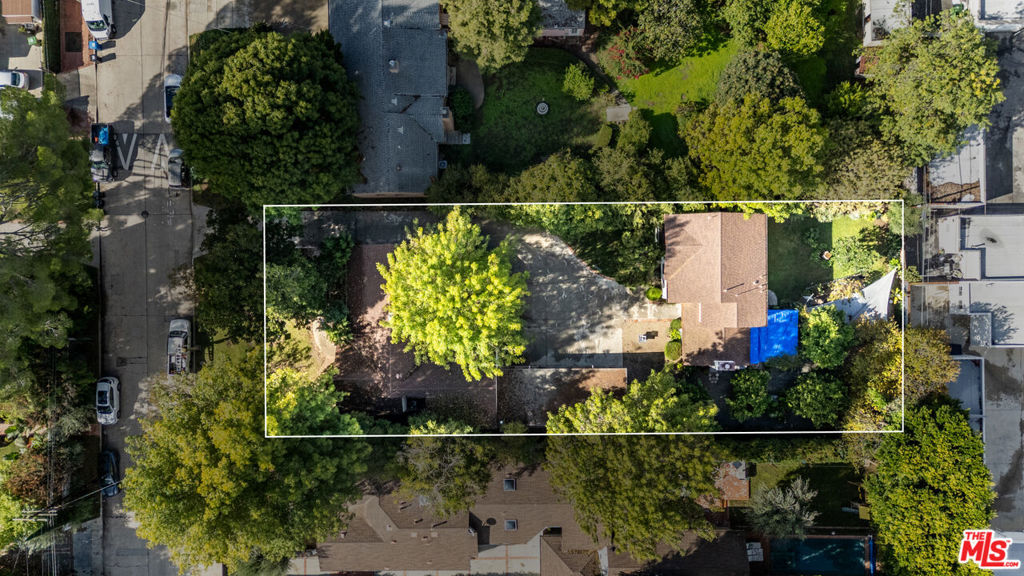AB-832
In the CREM Group Journal, our most recent blog post was about the COVID-19 eviction moratorium, which was to come to an end on June 30, 2021. In that post, the last words of the title were “it’s a problem.” It is a problem. The bill to extend is Assembly Bill (AB) 832, otherwise known as “AB-832 COVID-19 relief: tenancy: federal rental assistance,” which passed 34-0 in the Senate and 58-9 in the Assembly this week. The new end date for the moratorium is September 30, 2021.
But the issue is far from over. There are many moving parts, and it’s not clear what is going to happen with the Federal government’s $5.2 billion COVID rent relief program. So far, only 10% of the money requested by tenants in arrears has been distributed, which is not helping renters, or supporting property owners and landlords. While the CREM Group specializes in probate and trust properties, all issues surrounding California real estate affect supply and demand for our clients and prospects. The rent issue is a difficult one.
The intent of AB-832. Assembly Housing Chairperson David Chiu, a San Francisco Democrat who put together the initial moratorium, said, “This proposal avoids a massive eviction cliff, allowing us to keep tenants in their homes and get landlords the financial support they need.” Some groups do not think three months is enough time to let people get back on their feet, especially if the rental relief money does not reach the tenants in time. Others fear that the slowness with which the Federal funds are being distributed will continue to hurt and delay the success of any programs. Let’s start with tenants.
What Will This Law Do for Tenants?
Tenants would have a defense in court if their landlord tried to evict them over rent non-payment through September 30. They will still have to submit a declaration saying they are unable to make full rent, and they will have to pay at least 25% of their monthly rent starting from September 1, 2020, through June 2021, or in bulk, by September 30, 2021, to prevent being evicted. Some of these provisions are still being hammered out. Supporting documentation, such as bank statements proving decreased income, could be required where a landlord feels their tenant may be making more money than they claim. Also, tenants will need to abide by their lease (e.g., no pets) in order to avoid eviction for reasons other than rent non-payment.
As we indicated in our last post, the tenant must complete the rent relief application to be excused from paying. Meanwhile, it is argued that people who successfully receive rent assistance will not always use the money to pay overdue rents. There are not enough people to oversee the flow of funds, check bank accounts, and double-check payments. How will the new law be policed and enforced?
Who is eligible for relief? One local jurisdiction’s distribution of rental relief might have a different rule than another. For instance, during the last round of funds in Los Angeles, a two-person household had to be less than $45,050 annually. It’s best to check your city’s income requirements.
What Does This Deal Mean for Landlords?
Landlords cannot evict tenants over non-payment of rents through September 30, 2021. To file an eviction lawsuit beyond then, the landlord must show the court that they had applied for rental assistance. Meanwhile, the case can only proceed if the tenant has not completed their application or does not qualify for aid.
While the previous law said a landlord could apply for only 80% of missed rent payments (and would have to pardon the outstanding 20%), they can now apply for 100% of back and forward rent. The new law implies that even landlords who applied for only a partial refund would be receiving all of the missing payments.
We Need to See the Money
The state approved a total of $5.2 billion (with a b) to cover unpaid back rent and up to three months of rent going forward. It’s comprised of $2.6 billion of rental assistance, plus an existing $2.6 billion from the federal relief funding.
It will go quickly. PolicyLink, an Oakland-based research group, suggests that about 758,000 California households (choose the California state filter on the website) are behind on rent, and they owe a total of $3.5 billion. The end of the eviction moratorium may end on September 30, or not. It’s too early to tell.
----- Pressure on every aspect of housing erupts into every nook and cranny of the real estate market. Probate and trust properties still offer a slight discount over non-probate homes.
On June 24, 2021, the CDC Newsroom reported the CDC director has extended the Eviction Moratorium for 30 days to last through July 31, 2021. Their quote:
“The COVID-19 pandemic has presented a historic threat to the nation’s public health. Keeping people in their homes and out of crowded or congregate settings — like homeless shelters — by preventing evictions is a key step in helping to stop the spread of COVID-19.” We cannot forget, that while landlords and tenants are important, of course, our nation’s health is still the main concern.
About the CREM Group
Although the CREM Group’s business is primarily to help people transact real estate business in the probate and trust niche, we continue to keep our clients aware of trends and events that affect the real estate market as a whole. The COVID-19 eviction moratorium is one of those sticky political/humanitarian issues that will affect all types of real estate and our economy as a whole. It’s worth knowing the issues.
As long time probate real estate agents and as attorneys working in and around all kinds of properties in Los Angeles and Orange Counties, we in the CREM Group have made sure we support our clients so they know the alternatives to buying, selling, or renting probate, trust, and conservatorship homes and commercial properties in California. - - - - -
As always, contact us by email here if you have any questions about real estate, probate real estate, conservatorship, or trust real estate properties, especially in Los Angeles and Orange Counties in California.
Mark Cianciulli, Esq. [email protected]
Disclaimer: The final details of the Eviction Mortarium Extension law in California remain to be seen. This post is meant to inform and cannot be used in a court of law. All questions should be sent to attorneys and specialists in this field. We recommend consulting a legal or tax professional before acting on any material, opinion, or point of view described herein. ends June 30. * *. *
#RealEstateTrends #ProbateTrustConservatorshipHomes #EvictionMoratorium #Homelessness #ProbateHomes #SupplyandDemand #RisingRents #CDCEvictionMoratoriumExtension



